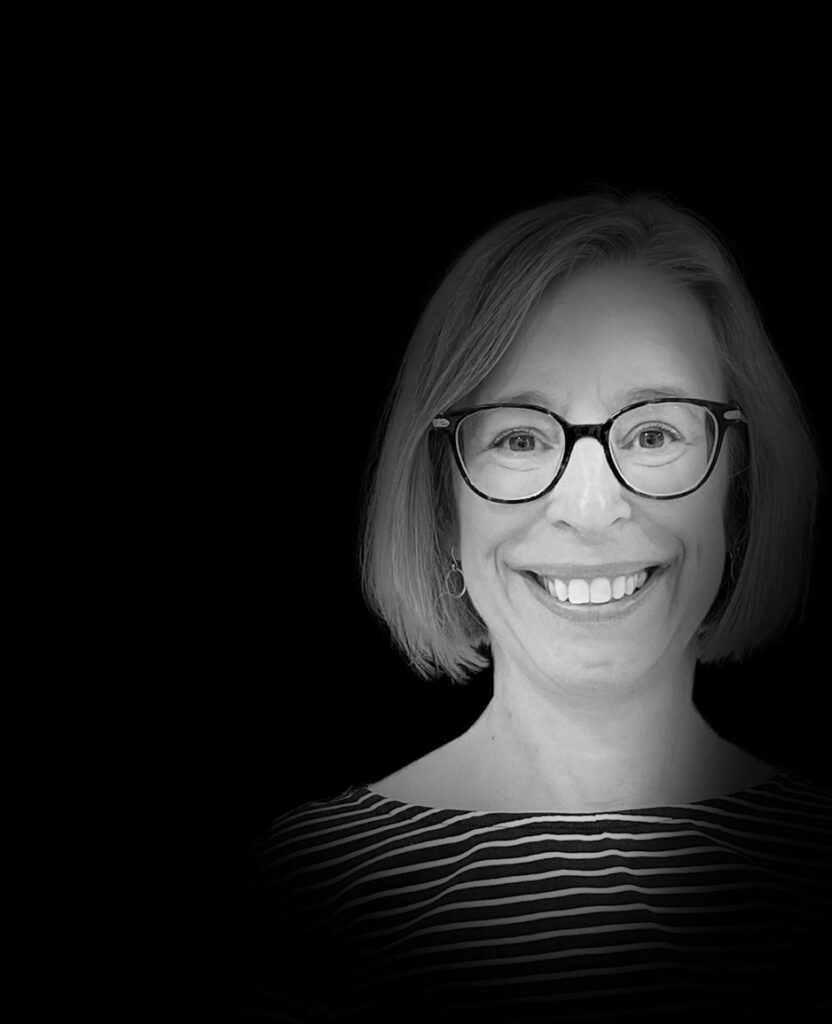Emma Dures og forskning
11. marts 2024 2024-05-15 11:44Emma Dures og forskning
Emma Dures
Professor i reumatologi og psykologi, Bristol UK og associeret professor i Center for Viden om Gigt (CeViG)

1. Hvad er dit forskningsområde, og hvad er den overordnede betydning af dit arbejde?
Broadly, the psychosocial impact of rheumatic diseases and models of care; and more specifically, fatigue self-management. My work has contributed to the growing recognition of the social, emotional and psychological impact of living with a rheumatic disease and the value of psychologically informed care.
2. Hvordan blev du inspireret til at forfølge din karriere i forskningsverdenen?
It started with a general interest in psychological processes. When I started to focus on long-term conditions, I was intrigued by how people with similar symptoms make sense of what’s happening and respond in different and varied ways. The interplay between our physical and mental health is fascinating.
3. Hvad er de største udfordringer, du har mødt som kvindelig forsker, og hvordan har du overvundet dem?
Early challenges included a lack of confidence and the balancing work demands with family commitments. I overcame them with practical and emotional support from family, friends and colleagues. Luck (right time, right place) and privilege (financial stability) have also played a part in enabling me to take up opportunities.
4. Hvordan arbejder du for at fremme ligestilling og inklusion indenfor forskning?
On a practical level, through being flexible in relation to working practices. Also, I try to help people develop their careers in ways that align with their values and circumstances.
5. Hvilke råd vil du give til unge kvinder, der ønsker at forfølge en karriere inden for forskning?
Find mentors – people with whom you can talk openly and honestly. Also, build networks and contact people who have experience of the field that you’re interested in. In my experience, people are happy to discuss their work and to help where they can.
6. Hvad er dit mest betydningsfulde forskningsresultat eller opdagelse, og hvorfor?
My research contributes to a body of work so it’s hard to pinpoint single findings. From a personal perspective, the most significant aspect is the extent to which the right support at the right time can change the quality of patients’ lives.



